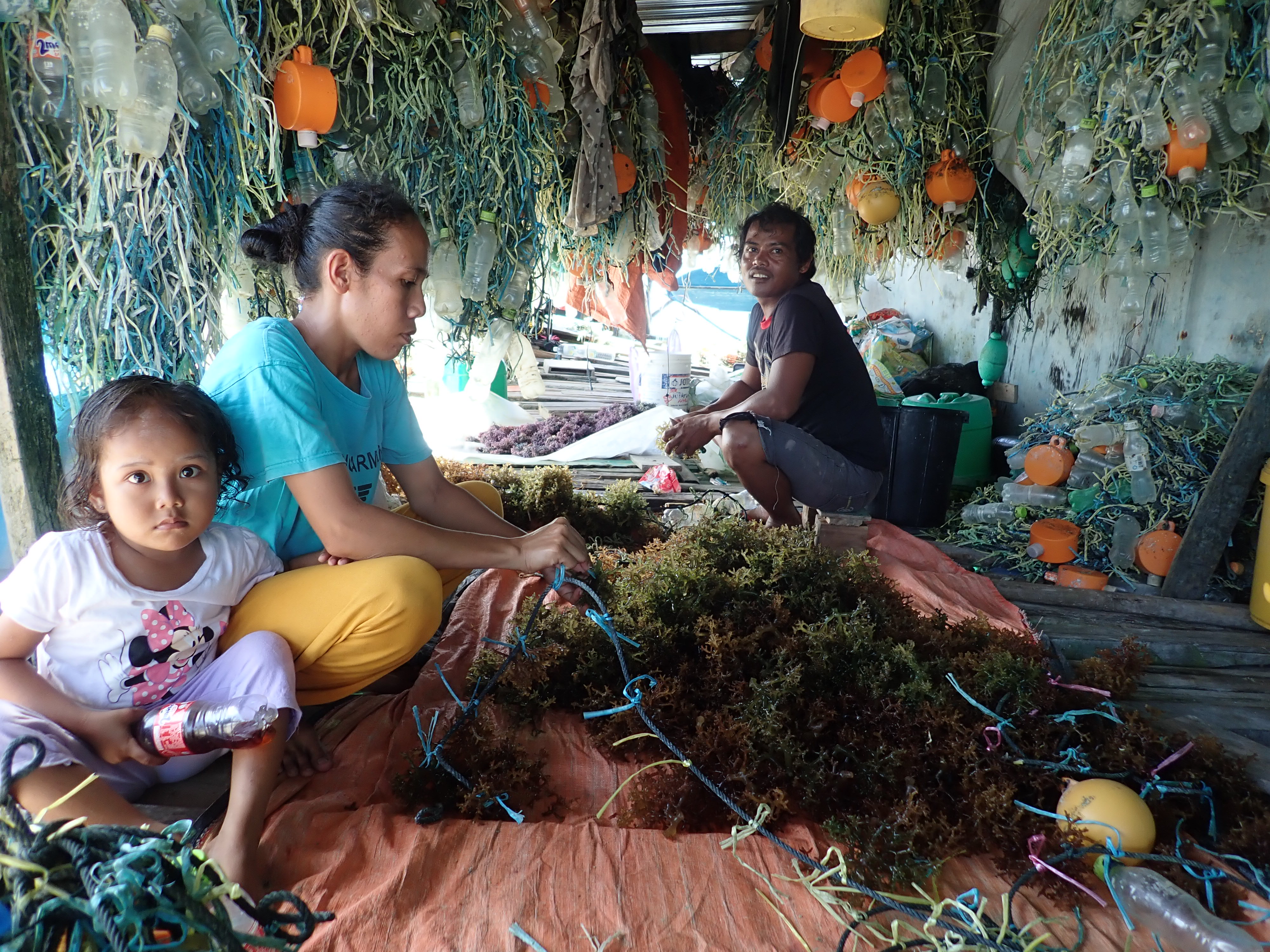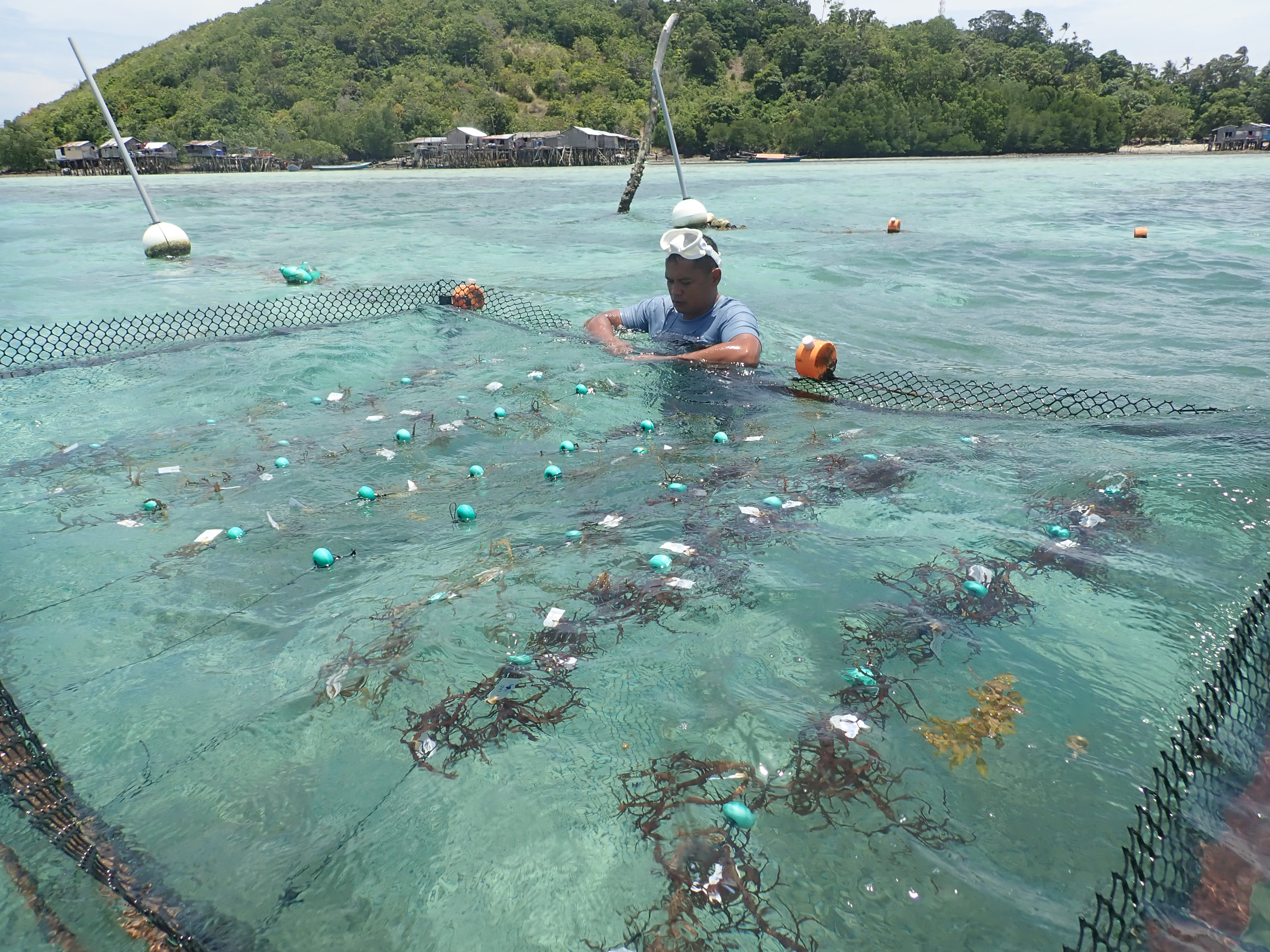Save our seaweed: scientists launch global initiative

A research project to find solutions to the biodiversity crisis in global seaweed stocks has been launched by the Oban-based Scottish Association for Marine Science (SAMS) and partners in the UK, Asia and the United Nations University.
The GlobalSeaweed SUPERSTAR project, funded by the UK’s Global Centre on Biodiversity for Climate (GCBC), will involve some of the world’s most prominent seaweed scientists and industry leaders. It aims to produce a global strategy, or ‘Seaweed Breakthrough’, to be launched at COP31 in 2026 to urgently protect wild stocks.
Seaweeds are vital for the functioning of the marine ecosystem, supporting an immense biodiversity of marine organisms. There are also more than six million seaweed farmers in 56 countries worldwide who rely on seaweed for their livelihoods. The vast majority of farmers are in Asia, which accounts for more than 95% of global seaweed farming.
Yet, wild seaweed communities are predicted to lose up to 71% of their current distribution by 2100, either through overharvesting or climate-driven impacts, such as pollution, invasive species or pest and disease outbreaks.

Safeguarding wild and farmed seaweed
Project leader Prof Elizabeth Cottier-Cook of SAMS, a partner of UHI, said: “Despite their significant ecological and economic importance, wild seaweeds receive minimal or no protection through policies or legislation globally.
“We’re not just looking at a looming biodiversity crisis; there is an entire economy that supports millions of families in developing nations. Women, who are integral to seaweed cultivation, are also able to be economically active in this industry, in areas where few opportunities exist.
“By establishing our ‘Seaweed Breakthrough’ based on robust scientific research, we hope to set out policies that can be adopted at the highest intergovernmental level to help safeguard wild stocks and, ultimately, safeguard the global seaweed farming industry.”
The seaweed cultivation industry is one of the fastest-growing of all aquaculture sectors, with an annual growth rate of 10%, a value in excess of USD 14 billion and a production of 35 million tonnes in 2019.
GlobalSeaweed SUPERSTAR will also involve a core research team of Prof Juliet Brodie of the UK’s Natural History Museum and Prof Lim Phaik Eem of Malaysia’s University of Malaya, as well contributions from the United Nations University Comparative Regional Integration Studies (UNU-CRIS). This first round of grants was officially announced this week by the Global Centre on Biodiversity for Climate (GCBC) – a UK Official Development Assistance (ODA) programme that funds research into nature-based solutions to climate change and poverty reduction.
The project is one of 13 successful applicants selected from a total of 155 in this first round of grants. According to the World Economic Forum, nearly half of the global gross domestic product depends on nature, and yet biodiversity is disappearing quicker than at any time throughout history. A 2019 IPBES report found that around one million plant and animal species are currently threatened with extinction.

